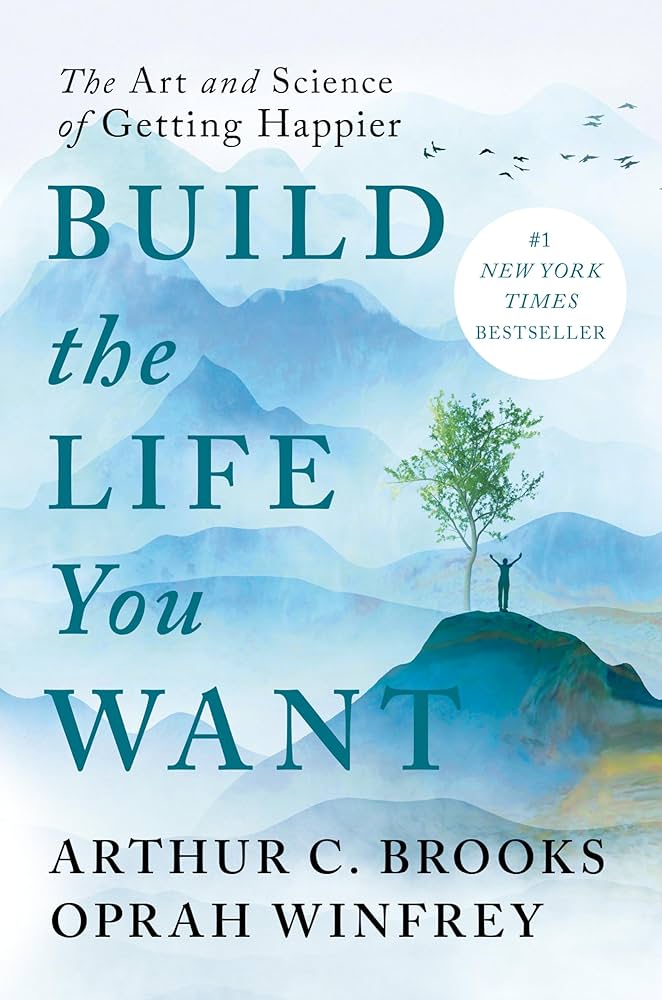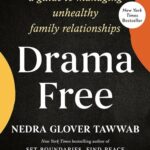Idol (n.) mid-13c., “image of a deity as an object of (pagan) worship,” from Old French idole “idol, graven image, pagan god” (11c.), from Latin idolum “image (mental or physical), form,” especially “apparition, ghost,” but used in Church Latin for “false god, image of a pagan deity as an object of worship.” This is from Greek eidōlon “mental image, apparition, phantom,” also “material image, statue,” in Ecclesiastical Greek,” a pagan idol,” from eidos “form, shape; likeness, resemblance”. The word “idol” implies what we worship or look up to. It could be a god, religion, or role model, and in the age of social media, our idols are fast becoming our attention-grabbing gadgets, screens, apps and platforms.
As American novelist David Foster Wallace quipped in his 2015 “This is Water” Kenyon College Commencement Speech ” What you worship may eat you alive.”
In his philosophical work, Novum Organum (“New organon”) published in 1620, fifteenth-century English philosopher and statesman Francis Bacon describes the four idols 1 as the idols of the tribe, den, market, and theatre. Idols in this sense, are eidola, the transient, and therefore to Bacon erroneous, images of things.
- Idols of the tribe are general tendencies to be deceived, inherent in our nature as human beings. They include uncritical reliance on sense perception, and tendencies to overgeneralize or jump to conclusions and ignore countervailing evidence against our views.
- Idols of the den are distortions arising from our particular perspectives (the metaphor is that of Plato’s myth of the cave); the corrective is to remember that whatever our mind ‘seizes and dwells upon with peculiar satisfaction is to be held in suspicion’.
- Idols of the marketplace are errors that come in the course of communication with others: misunderstandings arising through abuses of words.
- Idols of the theatre are the errors introduced by theories: the abstract schemata of Aristotelianism, and the introduction of theological notions into science. Bacon here compared philosophical and religious systems to theatrical, and therefore fantastical, representations of the world.

The thirteenth-century philosopher and theologian Thomas Aquinas listed what he called idols 2that occupy our days and waste our lives: money, power, pleasure, and prestige. These idols all stand in the way of enjoyment, satisfaction, and purpose. They substitute pleasure for enjoyment, set our hedonic treadmill on “extra high” to make satisfaction harder to attain and keep, and focus us on things that obviously are trivial, not meaningful. The four idols make getting happier harder.
So why do we pursue them? The same reason we always do self-destructive things when we are unhappy but unable to change our circumstances: distraction. Think of the last time you were sitting in an airport waiting for a flight that was delayed for hours. Frustrated but with no way to fix the situation, you probably started fiddling on your phone to distract yourself and pass the time.
Similarly, the four idols are distractions to numb us to emotional circumstances we dislike and feel we can’t control. Don’t like how you feel about your marriage? Do some “retail therapy” to get your mind off it for a few minutes. Is work getting you down? Scroll social media or inane YouTube videos for an hour to forget. Feeling lonely? A little celebrity gossip will distract you. Conveniently, we are surrounded by millions of commercial options to indulge those distractions. (Unhappy people make great consumers.)
These distractions are a temporary anesthetic, not a cure for our problems. And while they distract us from uncomfortable feelings, they also distract us from making progress. Even worse, they can become addictions that exacerbate the effect of the emotions controlling us.
Emotional self-management lowers the attractiveness of these distractions. If you could call someone and solve the flight delay, you would immediately do that instead of goofing around on your phone. And when we have the tools to manage our emotions, the world’s baubles and time-wasters no longer attract us so much—nor do we have the time to waste on them. We aren’t stuck in place anymore. We are willing and able to build for the future instead of frittering away our time in the present.
Meditations
Daily Calm with Tamara Levitt – Mindful Media
- Consuming news media can feel like we are waiting upstream in a volatile, forceful river; the steady flow of complex tragedies can leave us overwhelmed and exhausted. Much of the news is sensationalized, with much of the news and headlines crafted to ruffle our emotions and hook our attention. While we want to be informed of our world, we should also be mindful of how media impacts our well-being.
Limitless access to knowledge brings limitless opportunity. But only to those who learn to manage the new currency: their attention. – Mark Manson
Daily Jay with Jay Shetty – Run To, Not From
- Approach vs Avoidance Goal.
Daily Trip with Jeff Warren
Languages
- Español: Brasil: la vida en la mayor favela de Río | DW Documental
All the Best in your quest to get better. Don’t Settle: Live with Passion



Comments are closed.